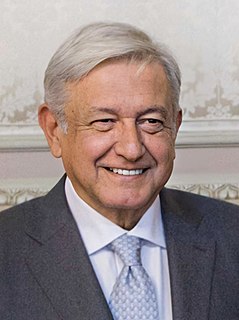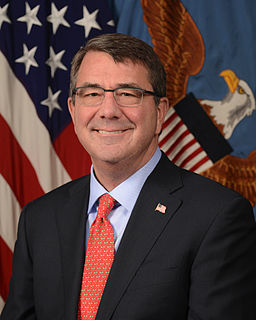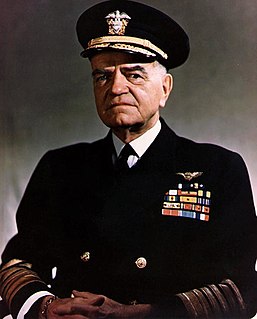A Quote by Leon Panetta
The United States has to have the capability to deal with more than one enemy at one time and be able to confront them and win.
Related Quotes
I don't think Americans realize the degree to which they are the main subject of Russian television news. Every night there's news from the United States and scandals about the United States, and every night the United States is shown to be an enemy of Russia over and over and over again. And this is, of course, useful to the Russian president, because it's, we have this big and important enemy - you need me here to fight back.
If we are to put the era of nuclear terror behind us, we must struggle against the real 'enemy.' That enemy is not nuclear weapons per se, nor is it the states that possess or develop them. The real enemy that we must confront is the ways of thinking that justify nuclear weapons; the readiness to annihilate others when they are seen as a threat or as a hindrance to the realization of our objectives.
We have for decades now, and I've dealt with the Russians for 35 years, we have from time to time been able to, even though we have different interests, to align them. That alignment has become more and more difficult under Putin. You see that in Ukraine, you see it in the Middle East. To an extent where he actually defines Russian success as thwarting the United States.
[Admiral Nelson's counsel] guided me time and again. On the eve of the critical battle of Santa Cruz, in which the Japanese ships outnumbered ours more than two to one, I sent my task force commanders this dispatch: ATTACK REPEAT ATTACK. They did attack, heroically, and when the battle was done, the enemy turned away. All problems, personal, national, or combat, become smaller if you don't dodge them, but confront them. Touch a thistle timidly, and it pricks you; grasp it boldly, and its spines crumble. Carry the battle to the enemy! Lay your ship alongside his!



































